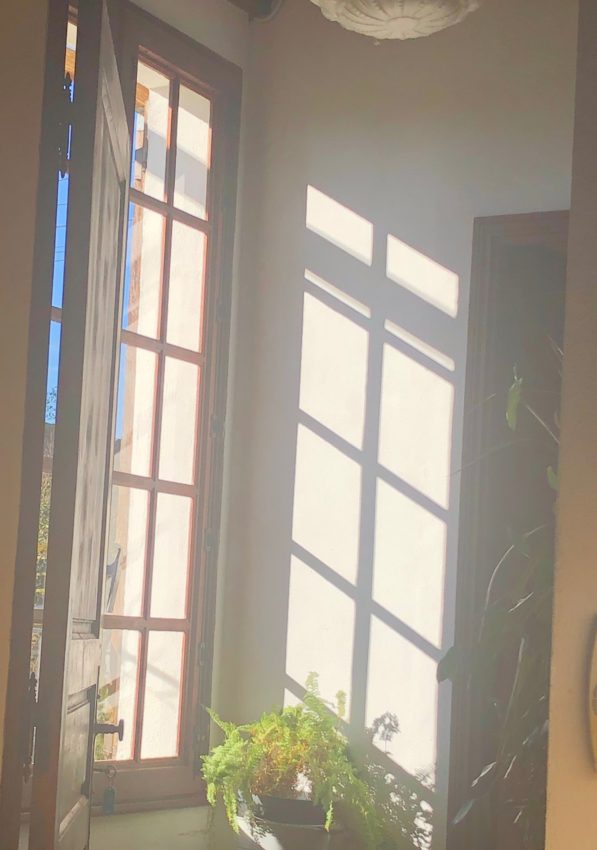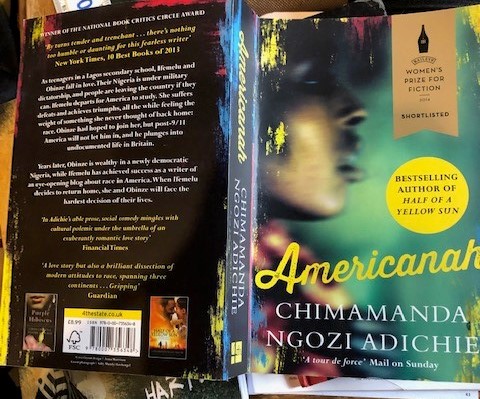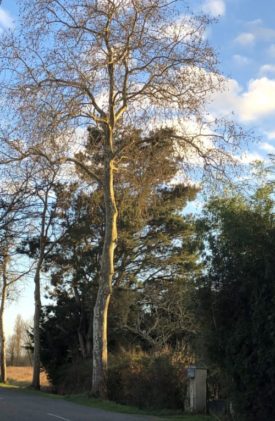The BBC Reith Lectures
I listened to Chimamanda Ngozi Adichie’s Reith Lecture on Freedom of Speech on the BBC and I knew I was once again in a world of curiosity and questioning where books are open doors to the whole world. As Adichie said, the essential freedom to be creative is only possible if there is freedom of speech. The Reith lectures were by four people on the subject of President Roosevelt’s Four Freedoms. I had felt lost and homeless after our travels in the Middle East ended. We had journeyed through changing landscapes, differing perceptions of life and many other ways of being human and telling truths. My longed-for home seemed to have become a closed and narrow trap. I didn’t feel that I belonged anywhere. Once again I was a citizen of nowhere and not a citizen of the world.
Chimamanda Ngozi Adichie and self-censorship
In her lecture Adichie admitted that sometimes she was guilty of practising an ‘exquisite’ self-censorship. I confess I have done and do the same. Obviously, I try to be considerate rather than duplicitous in what I say in social conversations but I’m afraid sometimes to write what I think even when I’ve considered it carefully. Shockingly that means I may be afraid to write for you what I truly think – perhaps not YOU, my dear kind and reasonable reader, but those other yous who troll people like me in the Mega-ether-world with threats to kill and rape. I am amazed and impressed by those who survive such attacks. It takes huge courage and endurance. During her lecture, David Olusago asked what Adichie thought of people who are “social abusers” – trolls in fact. They too have their stories and their stories are not single stories either. We are all capable of capitulating to the Mob – we can all be bullied and terrorised into cruelties.
Ought we to tell the truth?
I quote Adichie’s words here as I understand them. Truth is not a solid unbreakable one-sided monolith but a relationship that encourages and develops understanding. Truths may be facts but our view of them is partial and fractured and changes as we grow and learn. What is dangerous is an oversimplification, an insistence on a single story, on totalitarianism, despotism, authoritarianism, puritanism or the power of ideological unity – on the use of power to impose silence, censorship and to cancel people. In my stories I hide behind the characters I write – I deliberately allow them diverse opinions in our changing world, they aren’t me however and don’t necessarily speak my mind. I still don’t feel safe as a writer and sometimes just as a person but that is partly because I live in a world where so much ill-used power is terrifying and where there is so much misogyny.
Does truth-telling endanger us?
If we tell the truth as we see it do we become victims or enemies? Telling the truth can endanger us but it can also be difficult to do. What I understand as a truth for me may seem not to be the truth for you. On the whole, I try to be truthful but there are times when telling the truth is impossible. We don’t always tell the truth to our small children about our difficult marriages, lives and choices and our adolescent children won’t always listen to us. Young adults lack lived experience and can make harshly totalitarian and ignorant judgements. Truth-telling and people evolve together – or maybe separately – context matters. The reasons we don’t tell the truth may not only be because of cowardice and self-interest but sometimes out of consideration, love and humility. Tragically sometimes the things we do for good reasons fail us.
Not single stories but ones that overlap
All of us humans are constructed of a series of layered personal and different stories that overlap with other people’s stories like ripples on a pond or waves on a shore. To order to hate someone, to cancel them, to need or want to hurt them, you must limit yourself to a single story about them even though single stories are only partial truths backed up by prejudice and sometimes by lies and by cults. Truth may be like a window frame that lets in the sunshine but the light that breaks through it will change with the seasons and the position of the viewer. Truth may be as beautiful as a tree in changeable weather.
Misogyny and Women who ask questions and try to tell the Truth
This is a warning to all people who care about the truth and human justice. Of course, telling the truth is something people of all genders do but it seems to me that women are attacked more often and in greater numbers proportionally than men for speaking their minds. Truth cannot survive in a world that is misogynistic and a world where women are denied education, human rights, a voice and the opportunity to speak their minds. This is a truth that must be said aloud. It must be challenged and changed.



2 Comments on “Freedom of Speech and truth-telling”
Thought the whole series was very thought provoking – im alarmed nearly every day by the ‘hate’ expressed by people aimed at those that think and say
Hi Lianne – I’m sorry I’ve taken so long to reply to your comment – I’ve been overwhelmed by paperwork recently. All the same I do appreciate what you’ve said. I also felt afraid of the hate – the cancelling – the no-platforming that’s been going on. I’m trying to understand it without becoming dispirited. I think that possibly this ‘hate’ stuff has always been around but the internet and the media make it inescapable. I’ve found some commentators who engage with these issues in reasonable and calm ways and it’s been very comforting. One of these people is SteveQJ on The Commentary. Steve does seem to cover all the ‘hating’ that bothers me and that gives me hope.